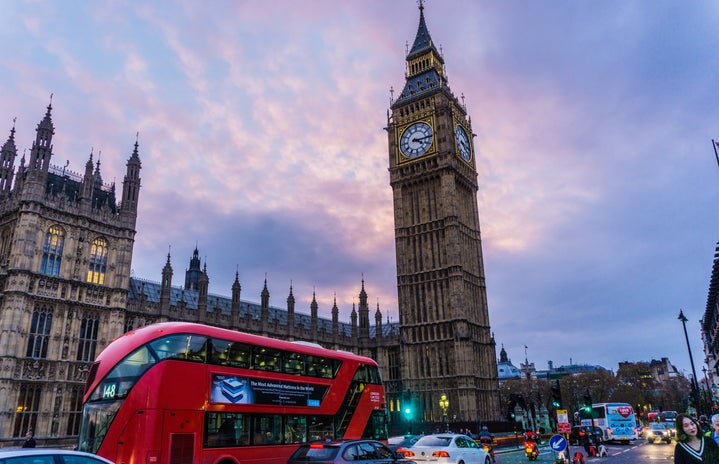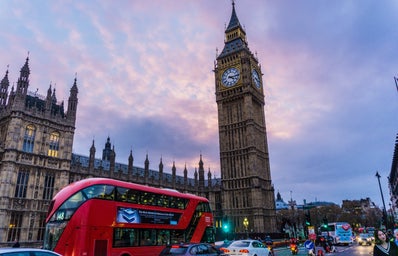After beating Rishi Sunak in The Conservative Party leadership contest, Liz Truss took the position of Prime Minister on the 6th of September 2022 following her appointment by the now deceased, Queen Elizabeth II. In the short time since becoming PM, she has stirred great controversy through various acts. Such as; her announcement of the mini budget, her pledge to reinstate fracking and, scrapping of the green levy. Truss has also not followed the pattern of her three predecessors who all contacted Wales’ first minister Mark Drakeford on the day of their appointment as it was revealed by Drakeford on 21 September, two weeks into her leadership, that contact is yet to be made. This is representative of the bold governing style we can expect to see from Truss who remains unapologetic in her actions so far, demonstrating a lack of concern for public optics. Furthermore, we can expect a government that prioritises economic growth through free market capitalism, aligned with Truss’s ideology which supports low taxation, deregulation and, the rolling back of government.
The new government will face ample challenges due to the current economic climate and, the resulting cost of living crisis which has devastating implications for everyday Britons. The severity of soring energy prices require immediate action, as a result, Truss has already placed a cap on energy bills at an annual £2,500 for the next two years, an intervention which is extremely necessary to aid British families to survive the winter. Another action she has taken to reduce the burden of energy bills is the scrapping of the green levy, an environmental charge estimated to add £153 to the annual household bill. Shockingly, Truss is also said to remove the ban on fracking despite uncertainty regarding the safety of the practice due to its potential for earthquake induction. This highly controversial move is even being opposed by the founder of Cuadrilla, a fracking company who deems fracking in England as infeasible and economically redundant, failing to provide the cheaper and dependable energy source the UK requires. This, combined with her rumoured interest in further fossil fuel extraction in the North Sea, suggests that the threat of climate change is unlikely to be a priority in her government.
Truss’s collaboration with Kwasi Kwarteng on the mini budget, a collection of fiscal policies to be implemented in response to the cost-of-living crisis, has been highly critised by politicians such as Keir Starmer and Joe Biden due to its focus on benefiting high earners. The removal of the 45% tax bracket and the cap on bankers’ bonuses does little to support those who will be most impacted by the current cost of living crisis such as low-income earners, small businesses and pensioners. Instead, policies as such disproportionately benefit the rich allowing their wealth to grow, giving weighting to the suggestion her government is one in which the rich will get richer, at the expense of the poor.
Truss remains unapologetic about her growth centered economic policy, stating that increased wealth will be beneficial for all due to its ability to fund public services, however, the plan has been deemed risky, irresponsible and unsustainable by The Institute for Fiscal Studies. This trickle-down economics does not guarantee better jobs or living standards for wider society and could lead to further inflation due to the hoarding of wealth. If these policies are to fail, it is the lowest earners who will be hit the hardest and face the largest repercussions. This also includes those working in public sectors, such as the NHS, which is expected to struggle massively throughout winter. This suggests her government will be built upon fiscal policy that disproportionately benefits the rich and, a reliance on borrowing only when it suits her agenda.
To conclude, Truss aims to create a government that promotes and prioritises economic growth through free-market capitalism and the move away from big state conservatism. The policies introduced disproportionately benefit high earners at the expense of low-income families. This demonstrates a striking disregard for the working class of Britain who will struggle the most in the coming months and who will most heavily feel the negative impacts if these policies for economic growth are to fail. The lack of consideration for optics and the opinions of the electorate is a result of Truss’s strong ideological position which runs through her politics and leads to little room for diplomacy and compassion. The stubbornness of Truss’s government is likely to breed unpopularity and could pave the way for a labour win in the next election.

